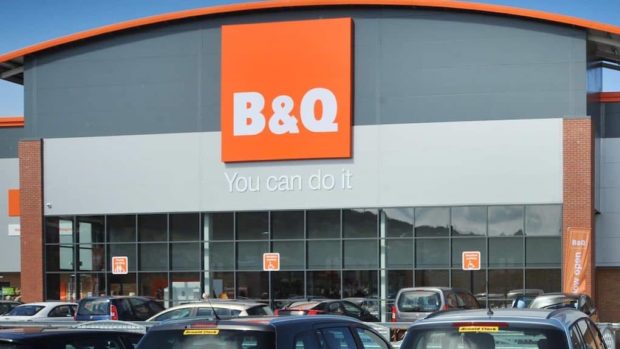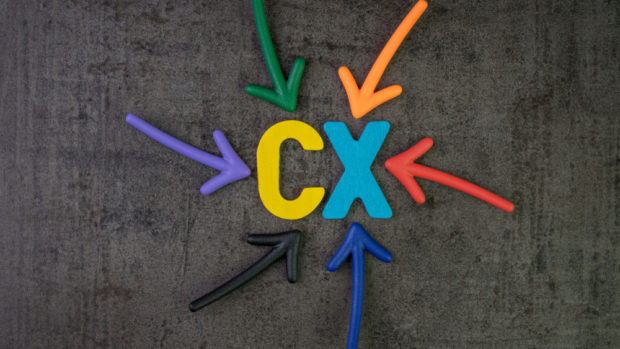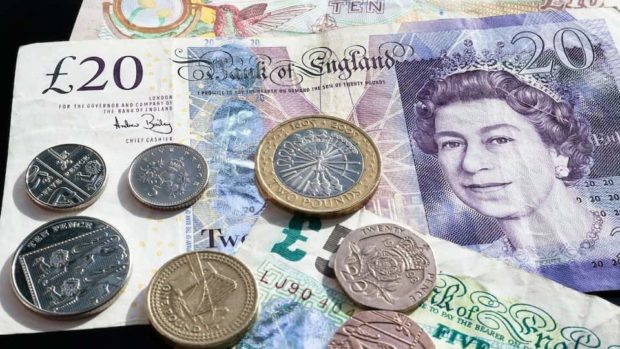
Facebook users’ faith in the social media site has fallen dramatically in the last twelve months with more than half (52 per cent) of Brits saying they now trust the company less than this time last year, according to research by Virtual Private Network (VPN) comparison service.
Following the high profile data breach that saw up to 87 million Facebook users worldwide affected when personal information was allegedly harvested by Cambridge Analytica, more than half of UK users say they now plan to change how they use social media.
For a quarter (24.7 per cent), that means spending less time on social media sites or removing some personal information (22 per cent) – rather more dramatically, 3.3 million Brits (6.4 per cent) now plan to go ‘off-grid’ and completely remove themselves from those sites.
Among the younger generation of 16-24 year olds, this rises considerably to 64.9 per cent who plan to change how they interact with social sites.
While Facebook easily tops the list of companies that has seen a drop-off in trust, other sites that hold personal information have also been caught up in this wide-ranging fall in faith. A quarter (24 per cent) of Google users admit they trust the company less with their private data, while 22.8 per cent of Twitter and 18.7 per cent of Microsoft users say the same thing.
Interestingly, WhatsApp has seen less of a drop-off (19.9 per cent) in faith in the company’s ability to safeguard personal information, despite being owned by Facebook – likely suggesting that consumers haven’t made the connection between the two companies or have more trust in the messaging app, especially following high-profile disagreements over encryption between WhatsApp’s founder and their parent company.
This table shows the largest drop-offs in trust in regards to personal data since this time last year.
| Would you say you trust the following companies more or less with your data than this time last year? | Considerably Less | Somewhat less | Net less |
| 26 per cent | 26 per cent | 52 per cent | |
| 7.7 per cent | 16.4 per cent | 24.1 per cent | |
| 7.7 per cent | 15 per cent | 22.8 per cent | |
| 6.9 per cent | 13.1 per cent | 19.9 per cent | |
| Microsoft | 5.8 per cent | 12.9 per cent | 18.7 per cent |
| Apple | 6.5 per cent | 11.7 per cent | 18.2 per cent |
| Uber | 7.6 per cent | 10.3 per cent | 17.9 per cent |
| Snap | 7.3 per cent | 9.9 per cent | 17.2 per cent |
| Amazon | 4.9 per cent | 12 per cent | 16.9 per cent |
| 5.9 per cent | 8.8 per cent | 14.8% per cent |
Simon Migliano, Head of Research at Top10VPN, said: “This is the first true barometer of trust since the high-profile Cambridge Analytica scandal in March, and it paints a pretty dismal state of affairs for Facebook.
“As the well-worn saying goes, it takes years to build trust but only seconds to destroy it. The social media giant might still be basking in the glow of its robust first quarter results, but clearly the reputational fallout from the Cambridge Analytica breach isn’t going to be fixed overnight.
“Putting that breach aside, there’s a change in the air over how we want to interact with social media sites. Whether that’s down to ‘digital detoxes’, cynicism over the sort of content we see on our feeds or underlying concerns over the control we have on our data, there’s a feeling of increased wariness towards social channels.
“This all seems to centre on the degree of control that we, as users, have on these sites and the web in general. We’re increasingly seeing people turning towards means to mask their activity on the web – such as VPNs – as there’s a pervasive feeling of having someone watching over our shoulders every time we go online.
“As this barometer goes to show, the days of blindly placing trust in companies to keep our best interests at heart are increasingly becoming a thing of the past.”








Share